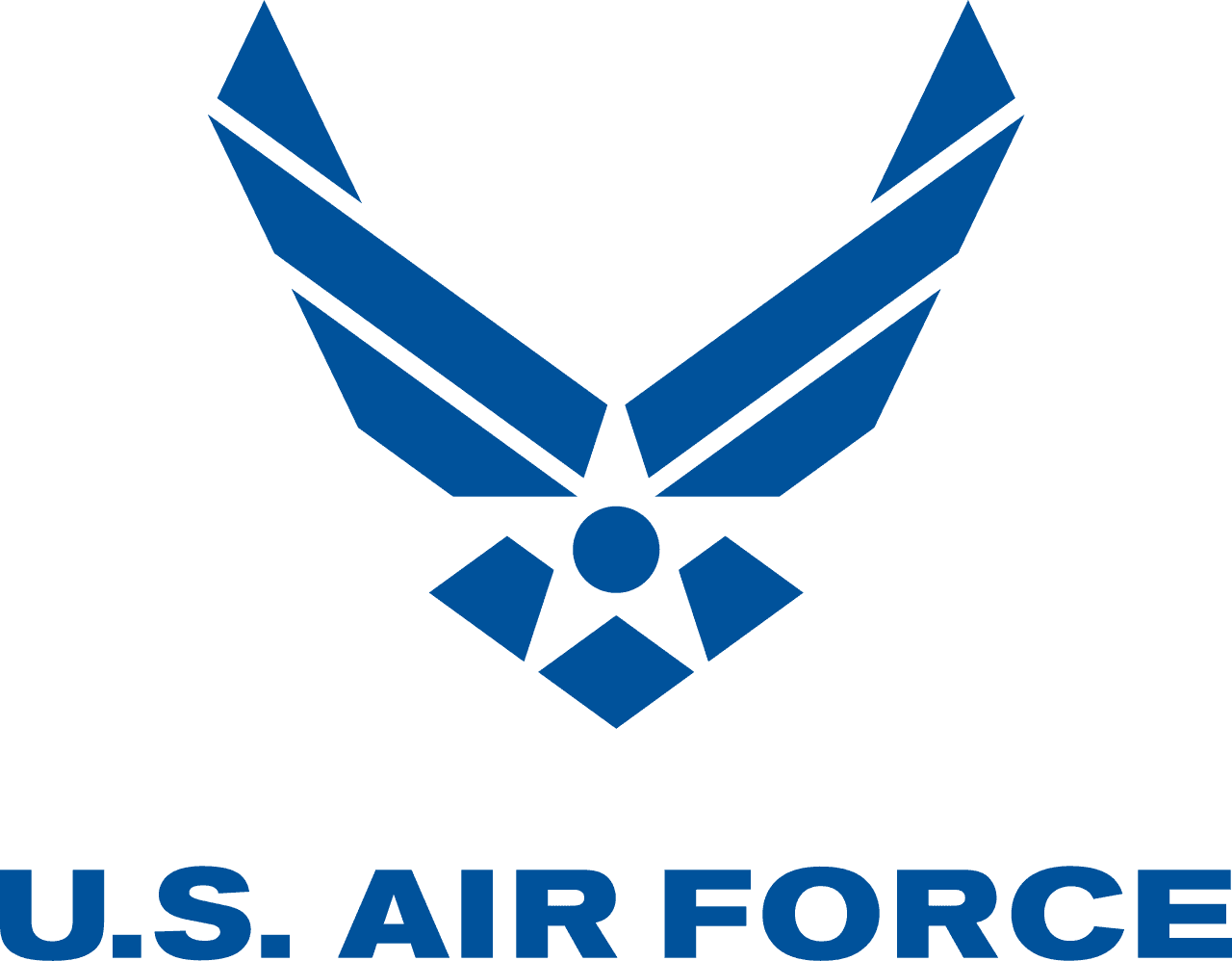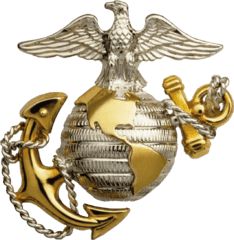Military Industrial Engineers
Overview
What are the responsibilities of this role?
Industrial engineers perform research and development to determine the most effective ways for the Military to use its people and equipment. They conduct studies and oversee projects to optimize the use of time, money, materials, energy, and other resources. These professionals create engineering processes to improve the efficiency and productivity of military operations. They also apply analysis and assessment methods to problems related to strategic planning, acquisitions, and mission support. They build models and simulations to test existing and proposed systems.
What is the work environment like?
Industrial engineers usually work in offices. They may work outdoors while performing field studies or overseeing the installation of equipment and systems.
How many people have this role in the Military?
13,108
Compensation
Understanding How Military Pay is More Than Just a Salary
Base pay is the standard income you’ll earn as a service member, providing a stable foundation to start achieving your financial goals.
- Always fixed based on rank and service time.
- Distributed monthly.
What is the typical salary range?
$70,105
$103,720
$149,561
Military Details
What Service Branches offer this role?
Is this a staff or leadership role?
What does the training for this role entail?
Industrial engineers typically have a degree in engineering. Job training for industrial engineers primarily consists of on-the-job learning in various training environments. Like other officers, they complete a comprehensive training program covering responsibilities, military structure and etiquette, traditions, and leadership development. Job-specific training may include:
- Management standards, principles, and policies
- Problem analysis and decision making
- Production and purchasing methods
Education
What level of education do professionals in this role have?
Which college majors best prepare you for this role?
- Industrial Engineering
- Manufacturing Engineering
- Engineering/Industrial Management
- Systems Engineering
- Packaging Science
Learn About How Military Can Pay for 100% of your College Degree
Skills and Interests
What knowledge is essential to bring to the table?
- Design
- Mechanical
- Engineering and Technology
- Mathematics
- Production and Processing
What personality traits help people thrive in this role?
You like structure, staying organized, and working with systems to get things done efficiently.
You love figuring out how things work and researching subjects that interest you.
You love hands-on work and solving practical problems — like fixing things and building stuff.
RIASEC represents six broad interest areas—Realistic, Investigative, Artistic, Social, Enterprising and Conventional—helping individuals identify careers that match their skills and preferences.
Take the RIASEC TestData supplied by Bureau of Labor Statistics, National Center of Education Statistics, Defense Manpower Data Center (View our update schedule). Contact any business, college or military service branch to answer additional questions.




